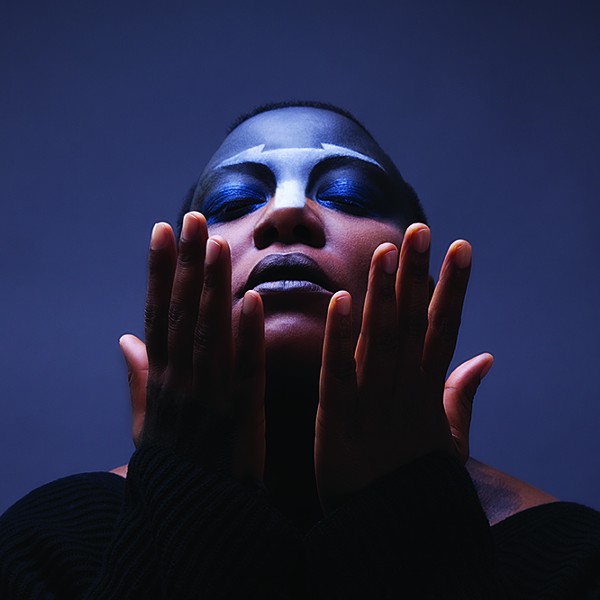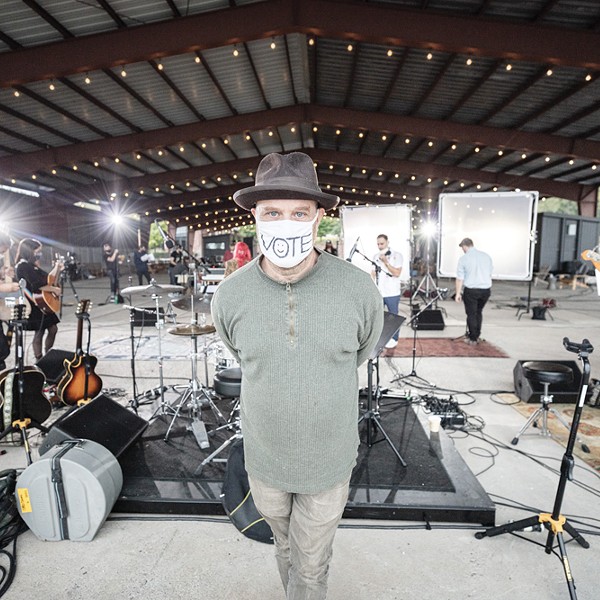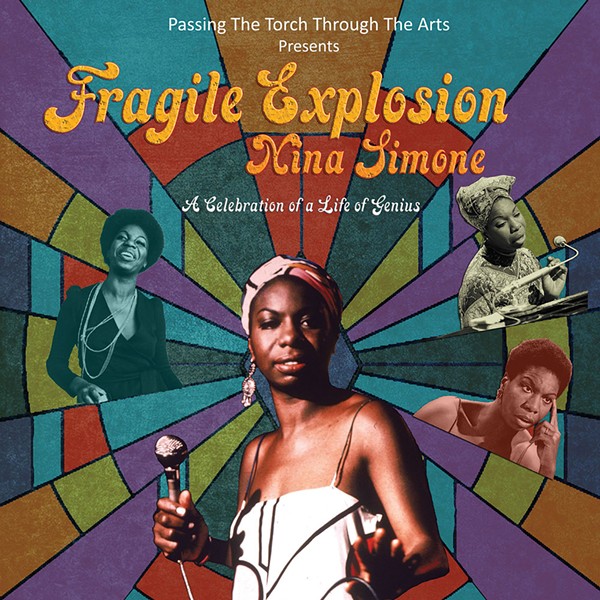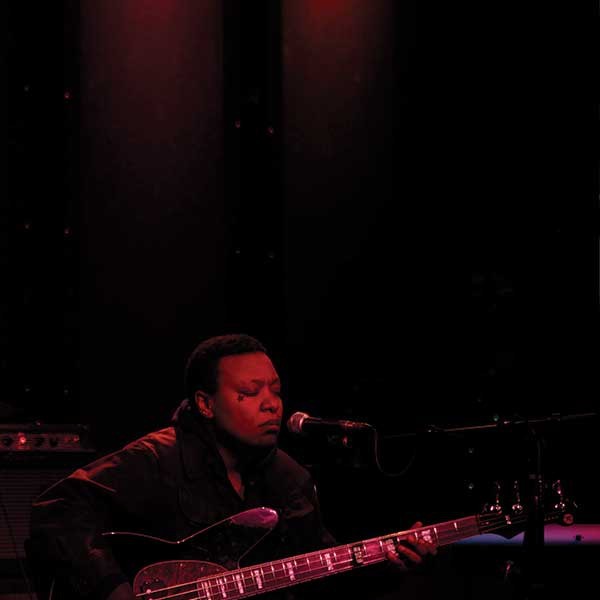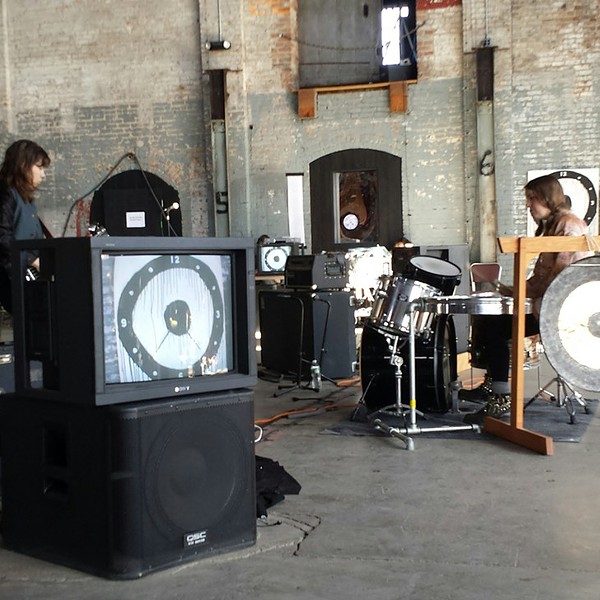Emblazoned atop the home page of Tryon, North Carolina's government website is the legend "The Friendliest Town in the South." One gets the feeling that its most famous native, the singer, pianist, and composer Nina Simone, would have found fault with such a tagline. Times have changed since she was born there as Eunice Kathleen Waymon in 1933—Simone's daughter even spoke at the tiny mountain town's dedication of a statue to her late mother in 2010—but when the musical icon was growing up, Tryon and the rest of the American South was still in the throes of Jim Crow. For Simone and other Southern blacks it was not so friendly a time. It was a horrific era marked by unchecked racism, institutionalized segregation, even lynchings. Yet from the very start of her career, Simone refused to accept such detestable indignities, simultaneously confronting them head on and elegantly elevating herself above them: At one of her first local recitals, she simply refused to play until her parents were allowed to sit at the front of the auditorium. And so they were. This assuredness of spirit and take-no-shit attitude informed the whole of Simone's life and art, fortifying her music with singular passion and honesty and a sense of purposeful message that continues to inspire listeners and artists the world over.
Either Way I Lose by Meshell Ndegeocello
A track from Pour Une Âme Souveraine: A Dedication to Nina Simone.
One of these artists was raised about seven hours north of Tryon, in Washington, DC: singer, bassist, and composer Meshell Ndegeocello, whose 10th and newest album, Pour Une Âme Souveraine: A Dedication to Nina Simone (Naïve Records), was released late last year and dramatically re-imagines 14 songs from Simone's incandescent repertoire. It wasn't until after she'd left the nation's capital, though, that Ndegeocello first encountered Simone's music. "I guess I was about 21 or 22 when I first heard her," she recalls. "I had just gotten to New York. I was working as a craft services person on Spike Lee films, and someone I worked with played me [1971 live album] Black Gold. It was the voice, and the lyrics, that resonated first. But now I understand that she was a very complicated woman; she dealt with civil rights in her music when most other artists wouldn't. She did what she wanted. And she paid the price." Indeed, Simone famously sang socially concerned songs like "I Wish I Knew How It Would Feel to Be Free" and "To Be Young, Gifted and Black" and lived in exile for much of her life after refusing to pay taxes as a protest against the Vietnam War. One could say that by not kowtowing to record industry protocol or trying to capitalize on her 1990s pop success by making easily accessible music, the similarly mercurial Ndegeocello has herself always done what she wanted—and in some ways paid the price as well. Not that she seems to mind. "At the end of the day," she says, "you just wanna play music, make some money for your family, and be appreciated. That's all it is."
Ndegeocello (Swahili for "free as a bird") was born Michelle Johnson in 1968 in Germany. Two years later, her father, a military man and saxophonist, was restationed to the DC area. Besides being a fan of jazz and blues, the Virginia-raised Army lieutenant had also grown up with country and bluegrass, and duly exposed his family to all these genres. After dabbling with clarinet and drums ("My mom was against the drums," she says with a smirk), Ndegeocello's interest in bass guitar came when she picked up the instrument that one of her guitar-playing brother's friends had left behind. "I loved being able to jam with my brother," she says. "And I was very drawn to the low-end groove [in the music of] Bootsy Collins, Prince, and James Brown." Outside of the house, the city was the thriving center of go-go, a strain of funk native to DC and identifiable by its persistent percussion, extended breaks, and party-themed call-and-response vocals. While the style has remained a localized phenomenon, never quite catching on beyond the Beltway, for many black kids in 1980s DC go-go was God. "Go-go is very personal and geographic, lots of local references," explains the bassist, who by age 20 had already played in the three of the scene's leading bands, Prophecy, Little Benny & the Masters, and Rare Essence. "It's kind of like gang music, very much an insider thing."
In 1987 Ndegeocello moved to in New York, where she tried out for the bass slot in Living Color and became a participant in the Black Rock Coalition, a collective run by Living Color guitarist Vernon Reid. But ears and eyes really started to turn when the striking, androgynous woman began doing her own shows, singing her soul-baring, R&B-based songs while accompanying herself on bass, keyboard, and drum machine at intimate Lower East Side venues. One set of impressed ears and eyes belonged to none other than Madonna, and before long the Material Girl had signed the young singer-songwriter to her Maverick Records imprint. Plantation Lullabies, Ndegeocello's 1993 debut for the label, presented her seamlessly sexy and alchemical flow of funky soul, hip-hop, and dance pop to the world, in the process snagging her three Grammy nominations and bearing the hit single "If That's Your Boyfriend (He Wasn't Last Night)." As dramatic an arrival as the album was, however, the bassist's profile was about to get an even bigger bump.
In 1994 a music journalist friend, sensing a common sensibility between the two artists, introduced her to heartland hitmaker John Mellencamp. The meeting, Ndegeocello says, "changed my life." Invited by Mellencamp to join him for jam sessions at his Indiana home, she immediately hit it off musically with the Midwestern singer-songwriter. "We just played and recorded live in the studio, and it was great," she explains. One of the recordings from the sojourn, a co-billed cover of Van Morrison's "Wild Night," became a number-one smash and a constantly rotating MTV hit, taking her from the so-called "urban" charts to the mainstream. While the gratification was great, the sudden rush was enough to make her head spin. "I've always trusted that [music] is my path," she says. "Not to sound contrived, but after a while it was, like, 'Look, what else do you want from me?' I was having to give up a lot of myself." So she stepped off the rollercoaster for a spell.
When she reemerged, three years later, it was with Peace Beyond Passion (Maverick, 1996), an even more creatively realized effort whose slinky grooves carry spiritual and social as well as romantic meditations. It would be another three years between that album and the next one, 1999's Bitter, a beautiful and painfully bleak breakup set, and the one that followed, 2002's feverishly funked-up Cookie: The Anthropological Mixtape (both Maverick). Perhaps most critically lauded was 2003's Comfort Woman (Maverick), whose steamy, sex-dripping psychedelic soul grooves might've made even Barry White blush. And so Ndegeocello had settled into her own groove, so to speak. While remaining oblivious to mass-commercial aspirations, at her own pace over the years she has continued to craft records whose searchingly experimental sounds stir together contemporary R&B with rock, reggae, folk, psychedelia, pop, and other forms; see 2005's jazz-oriented The Spirit Music Jamia: Dance of the Infidel (Shanachie Records) and 2007's dubbed-out, clubby The World Has Made Me the Man of My Dreams (Emarcy Records). Her most recent recordings, which include the new Pour une Âme Souveraine as well as 2009's Devil's Halo (Downtown/Mercer Street Records) and 2011's Weather (Naiive), form a trilogy that finds the restlessly reinventive bassist stripping her sound down to newly austere levels; unlike the bottom-heavy tracks of her earlier albums, songs like Weather's "Oysters" and "Feeling for the Wall" float by like weightless winter leaves. One of the most down-to-earth and genuinely curious musicians you're likely to meet, Ndegeocello gives off the infectious aura of being artistically open to everything. "I try to be very careful not to get stuck in one genre," offers the musician, who has done session work for the Rolling Stones, Chaka Khan, Alanis Morrisette, and others. "To me it's all one thing."
Since moving from New York to Hudson in 2007 with her partner and their young son, Ndegeocello continues to perform abroad, frequently in France, a land whose people she calls, with palpable humility, her "patrons." She's also become an active member of the town's musical community, working with local players like Vetiver drummer Otto Hauser and singer-songwriter Joseph Moore and occasionally with notorious noise band the Bunnybrains, whose leader, Dan Bunny (aka Dan Seward), she calls "the last of the jazz musicians" for his unfettered, freeform approach. (The Bunnybrains were profiled in the April 2009 issue of Chronogram.) Recently, Ndegeocello's passionate musical interests have landed her in the producer's chair to oversee studio projects by a handful of select up-and-comers that includes Belgian soul singer Selah Sue, French jazz vocalist Laika Fatien, and Pistolera leader Sandra Velasquez.
As befits the unconventional Ndegeocello, Pour une Âme Souveraine is no straight exercise in idol mimicry. Hypnotic, stark, and acutely introspective, its moody sound re-interprets Simone-linked classics like "Please Don't Let Me Be Misunderstood," "Feeling Good," and "Either Way I Lose," setting the songs within minimal, pulsing beats and rainy, gray-hued reverb. In another brave move by its maker, the set features lead vocals on several tracks by such guests as Sinead O'Connor, Lizz Wright, and Toshi Reagon. The latter, a long-time friend of Ndegeocello's, appears on "House of the Rising Sun" and "Real Real." "In 2012 I curated three nights of [New York's] Schomburg Women's Jazz Festival," Reagon says. "I asked Meshell to do one of the nights, and she did Nina Simone music. It was incredible. It was the first time I felt like someone understood something about Nina's songbook. Why is that important? Because Nina did not write most of the music she sang. She made choices, and she created versions so powerful that we consider many of those songs Nina Simone songs. Meshell re-introduced some of that music to us by taking the same approach."
Believe it or not, as of late the queen of the funky low end has increasingly been putting aside her main instrument while making music. At a recent housing benefit concert she joined in on laptop for a version of Black Sabbath's "War Pigs" with her Hudson neighbors Melissa Auf der Maur and Rasputina's Melora Creager, and has also been spotted accompanying herself on piano at open mikes. "I'm in a new place now," says Ndegeocello. "They say when you stop giving people what they want, they stop wanting you. And I understand why that is. But, at the same time, when I feel like people just want the same thing from me again, I become disinterested and do something else. I'm like, 'Yeah, that's right, I'm changing. And guess what? I'm gonna change again.'"
Pour une Âme Souveraine: A Dedication to Nina Simone is out now on Naïve Records. Meshell.com.











